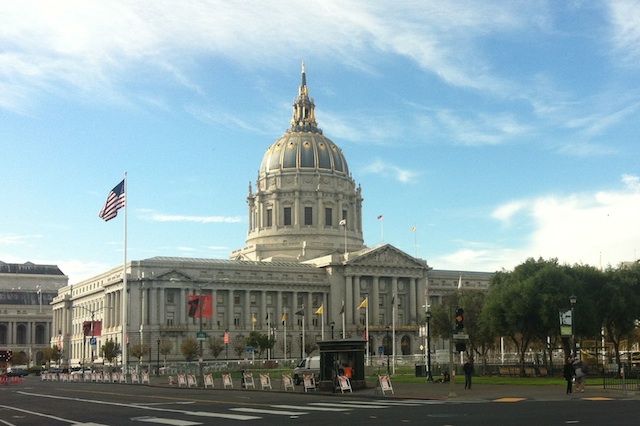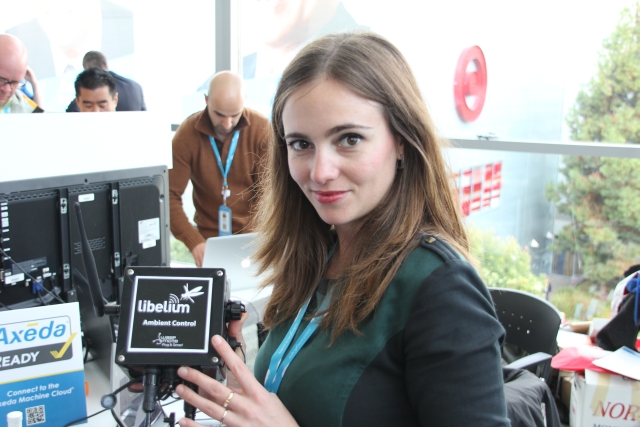Regular visitors to San Francisco would notice how the city has changed in the last few years.
Companies that were setting up in Silicon Valley are now basing themselves downtown, the business community is energised and the seedier parts of the town are looking substantially spruced up.
To understand the change I interviewed Laurel Barsotti from the City and County of San Francisco as part of the Decoding the New Economy series of video clips.
Laurel is the council’s Director of Business Development and we discussed how the local government has worked with the community and business leaders to drive San Francisco’s economic growth.
The shift from Silicon Valley
A striking change in the tech industry is how the startup focus has shifted from Silicon Valley fifty miles away to downtown San Francisco. Laurel puts it down to a shift in the priorities of the sector.
“I think we benefited from a shift in the tech industry, being much more focused on design and user experience,” says Laurel.
“The people who are investing in that are people who want in San Francisco and people who want to live and work in the same city.”
“A lot of the entrepreneurs creating those companies are concerned their employees see people using their products, they want them riding the bus to and from work and see people interacting with their products.”
Changing the tax code
Like Barcelona, the Global Financial Crisis shook the city up, “with the economic downturn our whole city made jobs a top priority.”
Part of that review focused on the disadvantages of basing a business in San Francisco.
“It was bought to our attention that we were the only city in California that taxed stock options.” Laura says, “companies that wanted to go public were having to leave San Francisco to afford it.”
“We did an entire revision to our tax code which showed to investors they could count on San Francisco to be business friendly.”
Regenerating communities
Along with the problem of city taxes, the city was facing the problem of regenerating blighted neighbourhoods and the administration decided to address both problems together by offering incentives for businesses to setup in the mid-market district – I’d been warned not to call it ‘The Tenderloin.’
“We had a neighbourhood that was facing a lot of blight and we had not been able to successfully increase business and we had companies like Twitter telling us that our payroll tax was causing them problems and making it hard for them to grow in San Francisco,” Laura tells.
“So we combined those two problems and made it so a San Francisco company was able to move into a neighbourhood that needed more investment and business and it would be able to save some money while helping us improve the neighbourhood.”
The future for San Francisco
A common point when talking to city leaders and economic development agencies around the world is the focus on building a diverse economy and Laura sees that as part of the future for San Francisco.
In that vision includes manufacturing, biotechnology and tourism along with the internet based industries that are today’s investment and media darlings.
The focus though is on the city’s residents and how life can be improved for everyone, not just the business community and high tech investors.
“We are really focused on creating an economy for all,” says Laura. “We want to remain as diverse as possible.”
“Every San Franciscan, from no matter what socio-economic background, has a place that they can be.”




